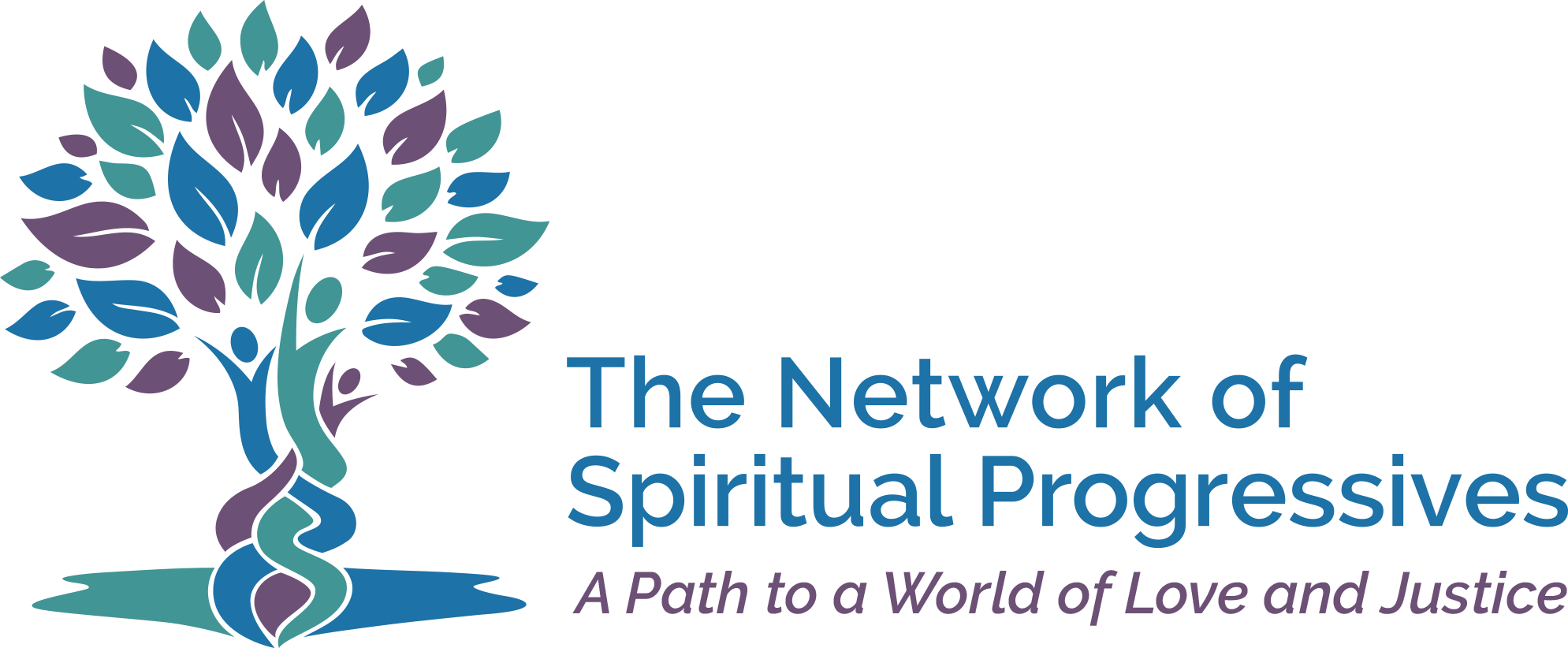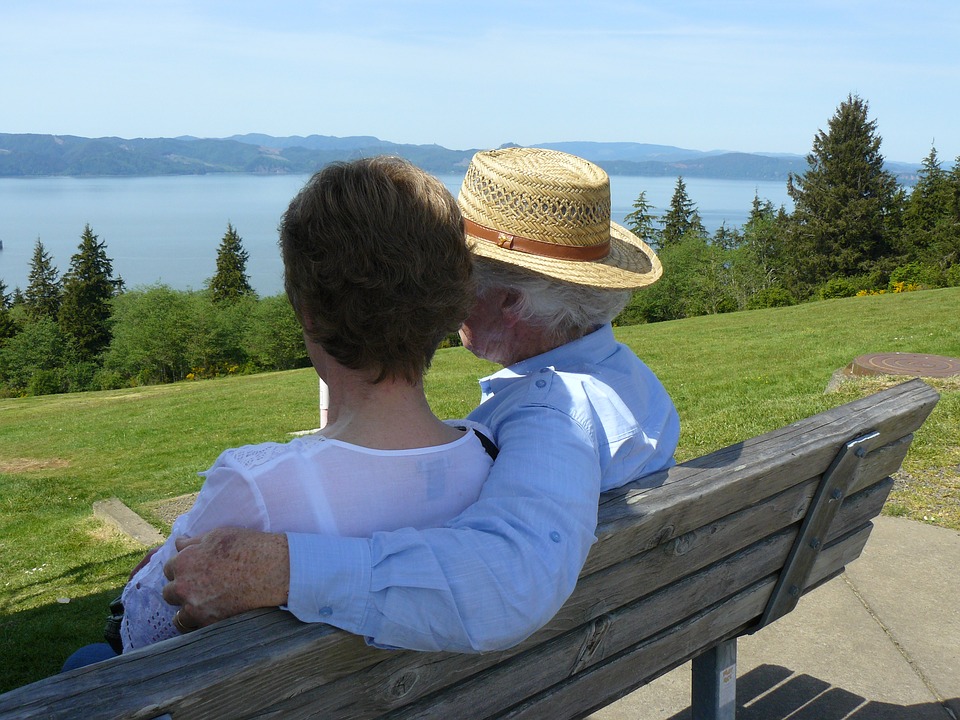We live in a world filled with loving and caring people.
We all crave a world filled with love and care. Yet most of us doubt that we can experience a loving and caring world beyond our own private lives and homes.
Why? Because the ethos of the capitalist marketplace, which places greatest value on money and power, has infiltrated our personal lives, shaping our unconscious and conscious beliefs about ‘human nature.’
In the economic marketplace we are taught to look out for ourselves, maximize our profits, and do what we need to do to get ahead, even at the cost of people we care about. Most people spend most of their waking hours at work. The way we come to experience ‘reality’ is massively shaped by our experiences in the world of work. We learn that the work world is no place for vulnerability, caring, and love. Rather, it is the place governed by the injunction to maximize the ‘bottom line’ of money and power. And this, we come to believe is ‘the real world.’
So we often hide our yearnings for deep connection, care, and love, and instead build walls around us to protect ourselves from being vulnerable to others because when we have done so in the past we have been disappointed or hurt. We learn to see others through a narrow utilitarian framework, assessing whether they can be ‘of use’ to us in achieving our goals in the economic marketplace. Not surprisingly, those of us who have been taught to think this way about others at work tend to bring this way of thinking into our personal lives. The result: we often feel surrounded by people who see us in terms of what we can do for them. The powerful drive within all of us to be loving and caring seems so ‘unrealistic’ in this situation that many of us have learned to dismiss it, repress it, or simply not believe that others too share that desire to be in a world of love and care.
We have been so conditioned to believe that the world we want is impossible that we start to repeat a foolish and self-destructive message that apart from our own small group of friends and loved ones (and perhaps our own religious or spiritual community), everyone else is only concerned with power and money. Popular culture promotes this view and it is this cynicism about others that makes it seem realistic. The more we believe people will try to manipulate us to get their needs met, the more we engage in the same behavior to protect ourselves. This cycle of manipulation ends up creating a reality that is contrary to our deepest yearnings and needs. When we are stuck in this cycle, we increasingly come to believe that the only “rational” way to live is to ‘look out for number one.’
As a result, many of us feel lonely, alienated, and scared, even in the midst of friendships and marriages. We see ourselves surrounded by people who only seem to care about us to the extent that we can ‘deliver something.’
In short, people have absorbed the old bottom line of the capitalist marketplace, and have come to believe that this is just reality.

